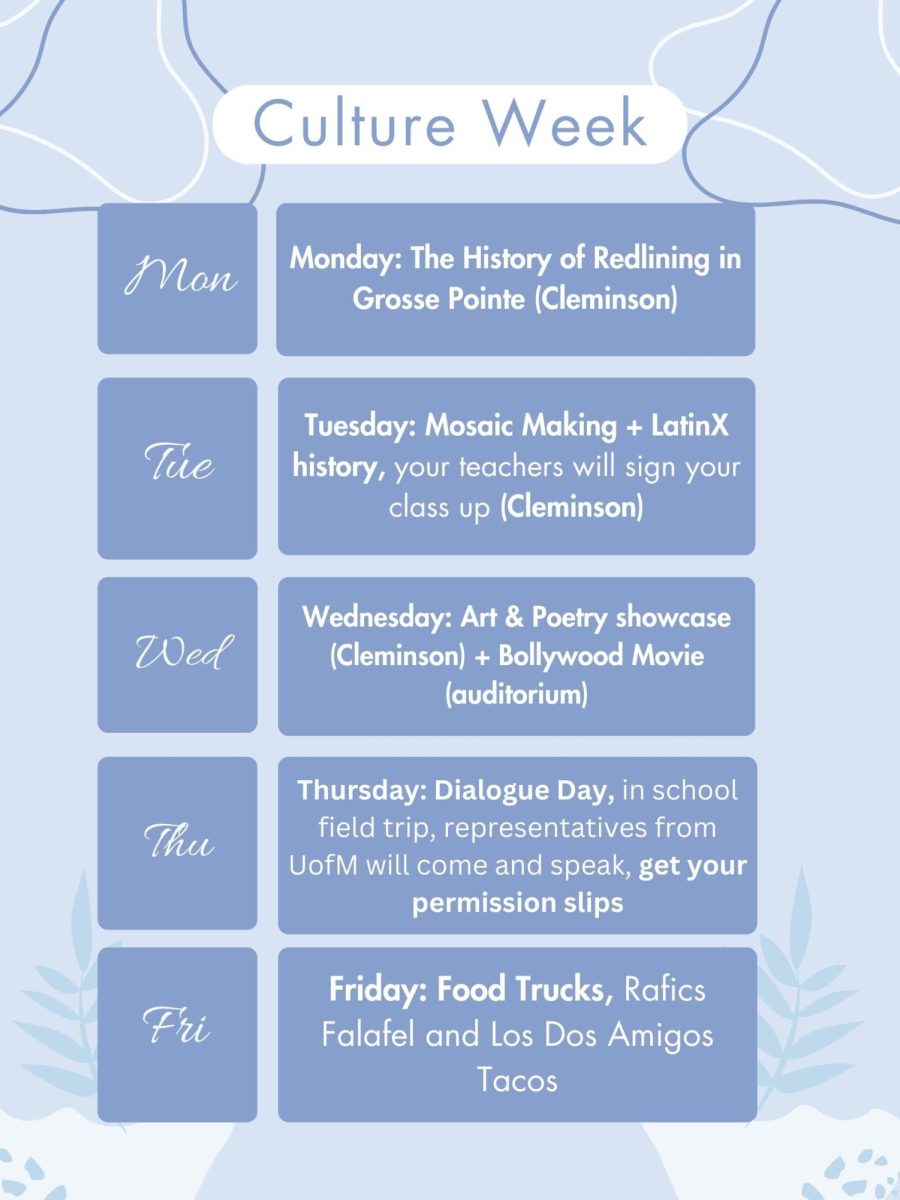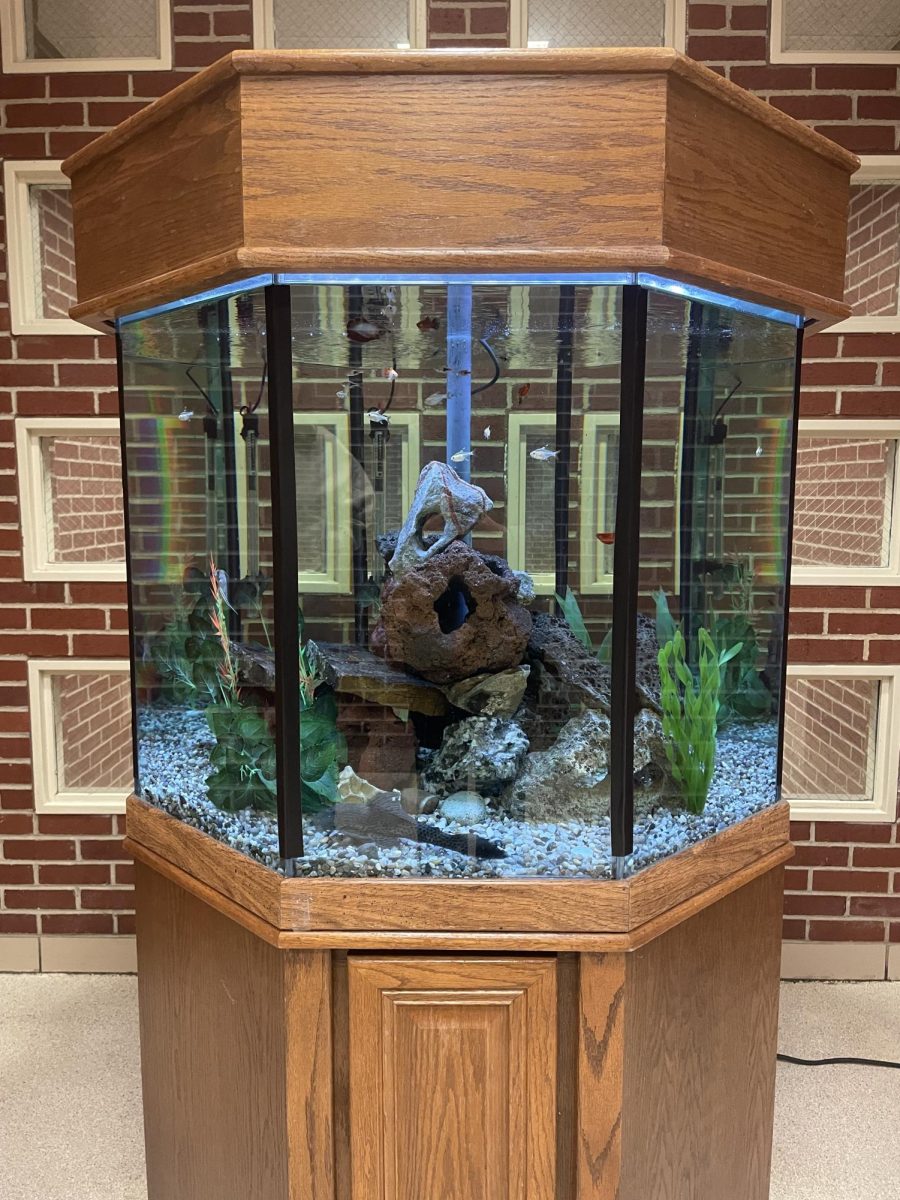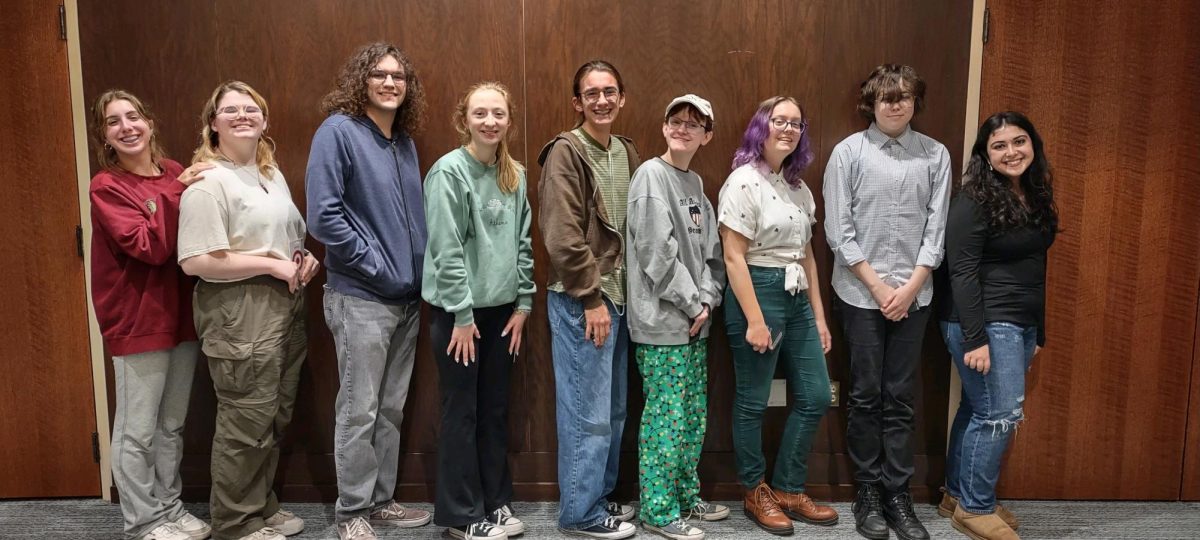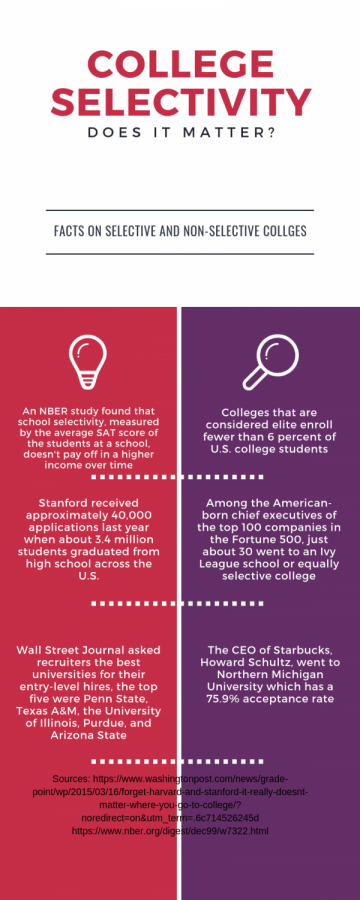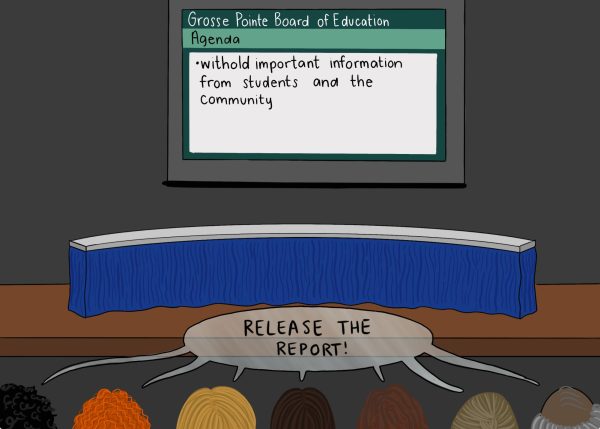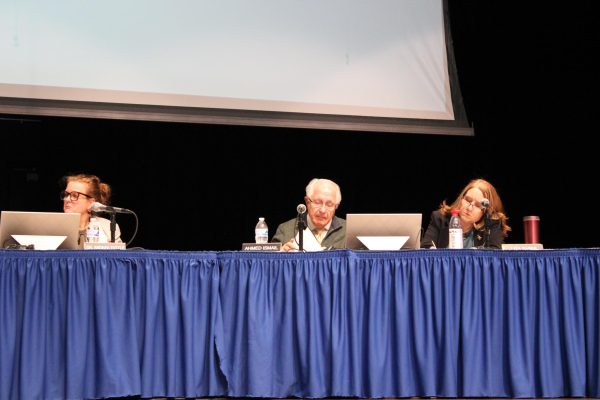Study calls value of college selectivity into question
May 20, 2019
With the rise of the College Admissions Scandal involving celebrities bribing elite universities in order for their children to be accepted, some have begun to question if the “eliteness” of universities is really worth it.
According to a study done by The National Bureau of Economic research, school selectivity doesn’t pay off in a higher income over time. In other words, the study shows that if two students have similar grades and test scores and one goes to a more selective school and the other to a less selective school, the students will end up making a very similar income later in life. School counselor Aja Perales has some advice on college selectivity.
“I firmly believe in picking the college that is right for you and that is different for every student,” Perales said. “It’s important to look at the qualities that each school offers: it’s not always about what is the ‘best’…it really is important to make the decision based off of what’s best for you and your needs.”
Drew Maccagnone ’19 is attending the University of Michigan Ross School of Business next year. According to usnews.com the Ross School of Business is the tenth best business school in the nation and would be considered a selective school according to the standards of the NBER study. However, Maccagnone agrees with Perales.
“I think the college you go to makes some difference but you can find a ton of success anywhere you go,” Maccagnone said. “College is more just what you make of it than where you go.”
Andrew Malley ’12 graduated from Boston College in 2016. From the beginning, he knew Boston College was the right college for him to reach his full potential.
“BC embodies this idea of a latin saying that means ‘care for the whole person’ and this means that all parts of a person are equally worthy of care and attention,” Malley said. “Through this mission, I was able to major in economics and music, give back to the local community through a unique service learning program, and participate in campus activities that supported my passions.”
Malley said that certain people have certain opportunities and what they choose to do with with their opportunities will decide how far they can go with what they have. He also added some words of advice for future college students.
“Students should leverage the college experience as an opportunity to discover what they value as an individual and how they’re going to measure whether or not their experience was successful,” Malley said. “For me, strong motivation, close relationships and a willingness to learn from those around me contributed to the success of my BC experience.
Perales also added that college is not an absolute necessity in order to be successful. She explained that there are many options after high school.
“College isn’t for everyone, and that is totally okay because there are so many other options: trade schools, vocational programs, military service, starting a job and more,” Perales said. “It is about finding things that you enjoy, things that you are passionate about and things that make you happy.”



